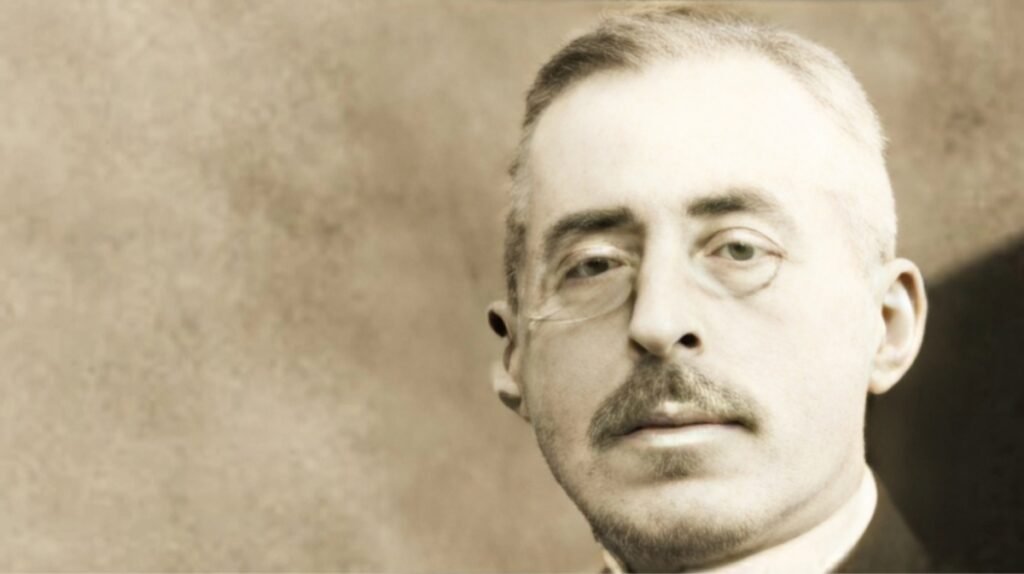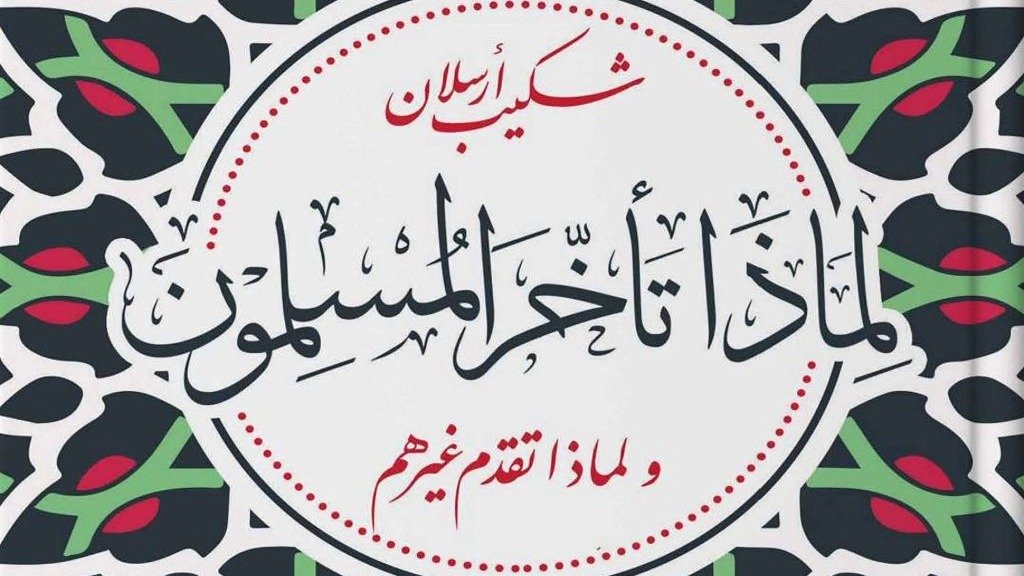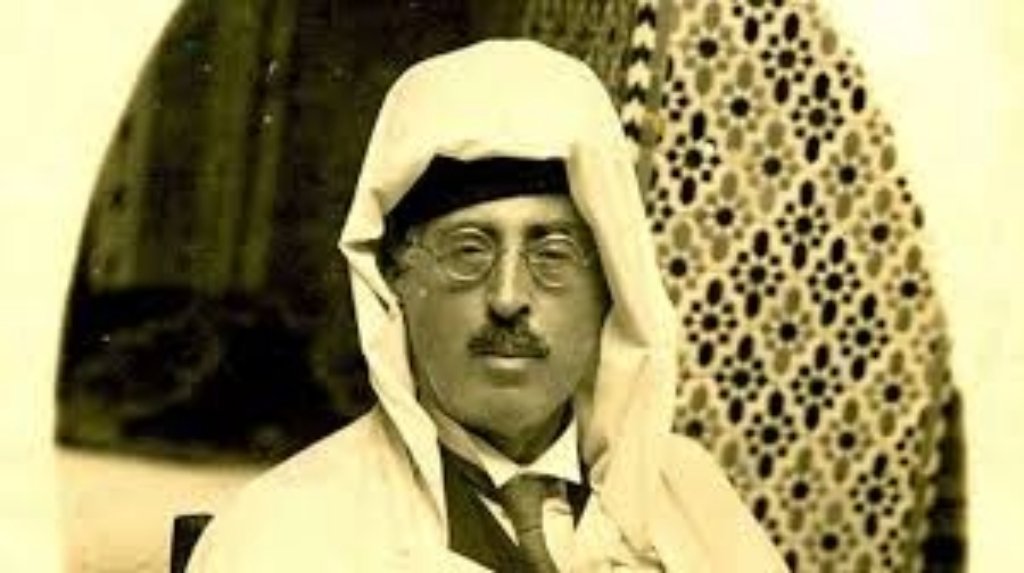Chakib Arslan: Morocco's Levantine Ambassador and National Issues

Prince Shakib Arslan was a Lebanese writer, author, thinker, and politician of Arab Druze origin. He was born in 1869 and died in 1946. He was nicknamed the "Prince of Eloquence" for his prolific writings, and was known for his defense of Arab and Islamic causes and his call for unity. He was fluent in Arabic, Turkish, French, and German, and authored hundreds of articles and numerous books, the most famous of which is "Why Did Muslims Lagging Behind and Why Did Others Advance?"
Arslan the thinker:
Shakib Arslan was a reformist thinker, influenced by the ideas of Jamal al-Din al-Afghani and Muhammad Abduh, and sought to revive the glory of the Arab and Islamic nation. He believed that the reason for the backwardness of Muslims was a departure from the correct religious principles, intellectual stagnation, and political division. His most famous intellectual work is "Why Did Muslims Lagging Behind While Others Progressed?", in which he presented his vision of reform and the necessity of adopting the means of material and intellectual progress while preserving religious identity. He also took an interest in Islamic history and defended the history of Arabs and Muslims against Western distortions, as he did in his book "The History of the Arab Conquests in France and Switzerland."

Arslan the politician:
Shakib Arslan was a prominent politician, active in politics since his youth. He held important positions in the Ottoman Empire and worked to support unity between Arabs and Turks. After the fall of the Ottoman Empire, he dedicated his life to opposing European colonialism in the Arab world. He based his political activity in Geneva and published the magazine “The Arab Nation,” which served as a platform for Arab revolutionaries and nationalists, exposing the practices of French, Italian, and Spanish colonialism in the Maghreb and Levant. He played a major role in supporting the Great Syrian Revolution, the national movement in Morocco, and the Palestinian cause.
Arslan the writer:
Shakib Arslan is considered one of the giants of modern Arabic literature. He was a prolific writer, whose style was characterized by eloquence, rhetoric, and the ability to appeal to the mind and conscience. He wrote for numerous Arab newspapers and magazines, and left behind dozens of works on history, thought, and autobiography, such as "The Memoirs of Prince Shakib Arslan." He was also a poet, and in his poetry he addressed the issues of his nation and called for unity and renaissance.
In short, Shakib Arslan was a model of the organic intellectual who combined thought with political action. He did not limit himself to theorizing, but rather engaged in reality, making the issues of his nation the focus of his attention, using his pen and tongue to defend its freedom and dignity.
His relationship with Morocco

Arslan had close ties with Morocco, having visited the north in August 1930 and helped direct the protest movement against the Berber Dahir. He also established relationships with leaders of the Moroccan nationalist movement, such as Allal al-Fassi and Ahmed Balafrej, and contributed to exposing French abuses in Morocco through the international press.
Prince Shakib Arslan, nicknamed the "Prince of Eloquence," played a prominent role in supporting nationalist movements in the Maghreb, particularly in Morocco, against French and Spanish colonialism. Shakib Arslan was not a minister of Morocco, but rather an Arab Muslim thinker, writer, and politician who traveled and communicated with world leaders to champion the causes of his nation.
His relationship with Moroccans was close and exemplary, beginning with his acquaintance with the Moroccan elite through the Association of Muslim Students of North Africa in Paris. He advised them to express their dissatisfaction with France through demonstrations and by sending letters of protest to the League of Nations. His historic visit to Tangier and Tetouan in August 1930 was a significant event, as he met many leaders of the Moroccan national movement, such as Abdeslam Bennouna, and provided them with intellectual and moral support.

Arslan played a key role in directing the protest movement against the "Berber Decree" issued by the French Protectorate in May 1930. He denounced it and wrote about it in Arab and European newspapers and magazines, exposing France's plans to divide Moroccans. This visit led to the founding of the first Moroccan secret society in September 1930 to confront colonialism.
Shakib Arslan was an inspiration and mentor to Moroccan nationalists, using his pen to champion their cause. He wrote numerous articles and letters exposing colonial abuses in Morocco and emphasizing the importance of Arab and Islamic unity in the face of foreign ambitions. Although he was subsequently barred from entering the French protectorate in Morocco, his influence endured, and he is considered a pivotal figure in the history of the Moroccan nationalist movement.
Some sources indicate that many of his manuscripts are in the private library of the late Moroccan King Hassan II, demonstrating the depth of his relationship with Morocco and his interest in its causes.





